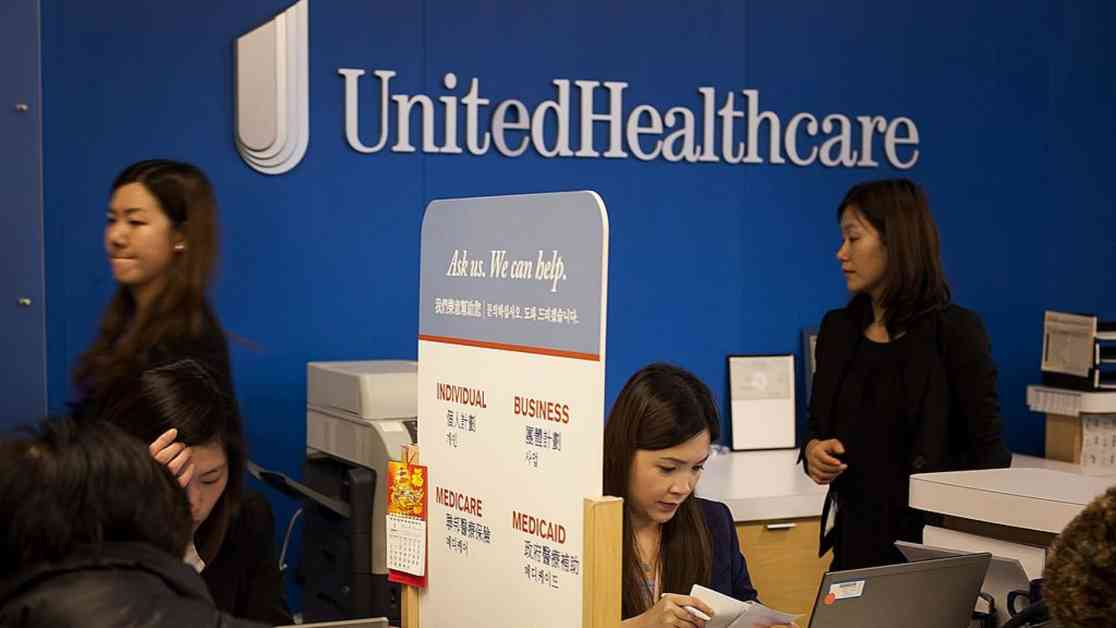UnitedHealthcare, a major insurance giant, is facing a period of turbulence that has led to the consideration of layoffs and the offer of buyouts to certain employees in its benefits operations unit. Amidst a challenging year for the company, the decision to extend buyout options to employees marks a significant shift in its internal operations strategy.
The benefits operations unit, responsible for overseeing various crucial aspects of customer service, claims, enrollment, insurance benefits, and more, has been at the center of this restructuring process. While the exact number of employees who have received buyout offers remains undisclosed, the company’s decision to offer these options reflects a broader effort to align its workforce with the evolving needs of its customers and the industry at large.
As the largest private health insurer in the U.S., UnitedHealth Group, the parent company of UnitedHealthcare, has a massive workforce of over 440,000 employees. However, the specifics of how many individuals are employed within the benefits segment or the broader insurance business remain undisclosed. In a bid to navigate rising medical costs for Medicare Advantage beneficiaries, cope with the aftermath of a costly cyberattack on its subsidiary Change Healthcare, and address ongoing concerns over escalating healthcare expenses, the company has been exploring ways to streamline its operations and reduce costs.
The recent decision to offer buyouts to employees in certain internal segments under benefits operations, including corporate, consumer operations, core services, and provider services, has triggered a wave of uncertainty and apprehension among workers. The voluntary nature of these buyouts, coupled with the potential impact on employee severance packages and benefits, has left many employees feeling blindsided by the company’s actions.
In a move to assuage concerns and provide clarity to affected employees, UnitedHealthcare has outlined the terms of the buyout program, including details on termination dates, severance packages based on years of service and salary grade, and the overall timeline for the transition process. While the company aims to minimize disruptions and ensure a smooth transition for impacted employees, the emotional toll of these changes cannot be overlooked.
The decision to offer buyouts comes against the backdrop of UnitedHealth Group’s record-breaking annual revenue in 2024, signaling a period of growth and transformation for the company. With a focus on digital adoption and modernization initiatives, UnitedHealth executives have emphasized the role of technology, particularly artificial intelligence, in driving operational efficiencies and cost savings.
However, the fallout from recent events, including the tragic shooting of the insurance unit CEO Brian Thompson and the cyberattack on Change Healthcare, has cast a shadow over the company’s efforts to navigate these turbulent times. As employees grapple with the uncertainty of their future at the company, the broader implications of these strategic decisions on the healthcare industry and the insurance sector remain to be seen.
In the midst of these changes, UnitedHealthcare’s commitment to its workforce and customers remains unwavering. As the company continues to evolve and adapt to the shifting landscape of the healthcare industry, the human impact of these decisions underscores the complexities and challenges inherent in managing a vast and diverse workforce in an ever-changing environment.



















